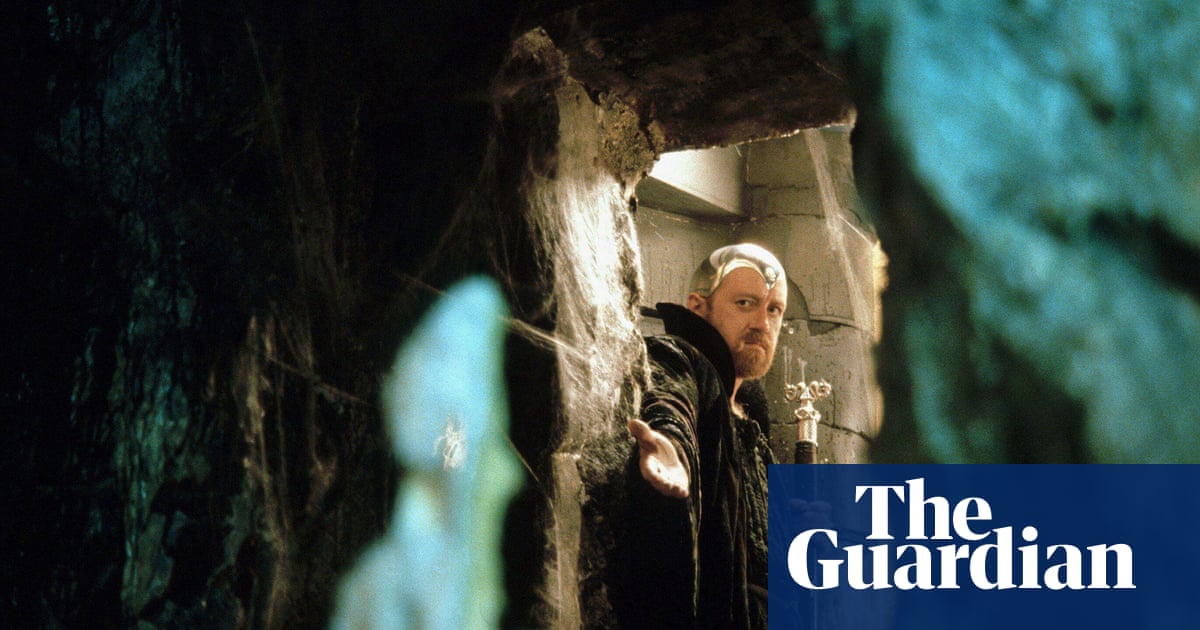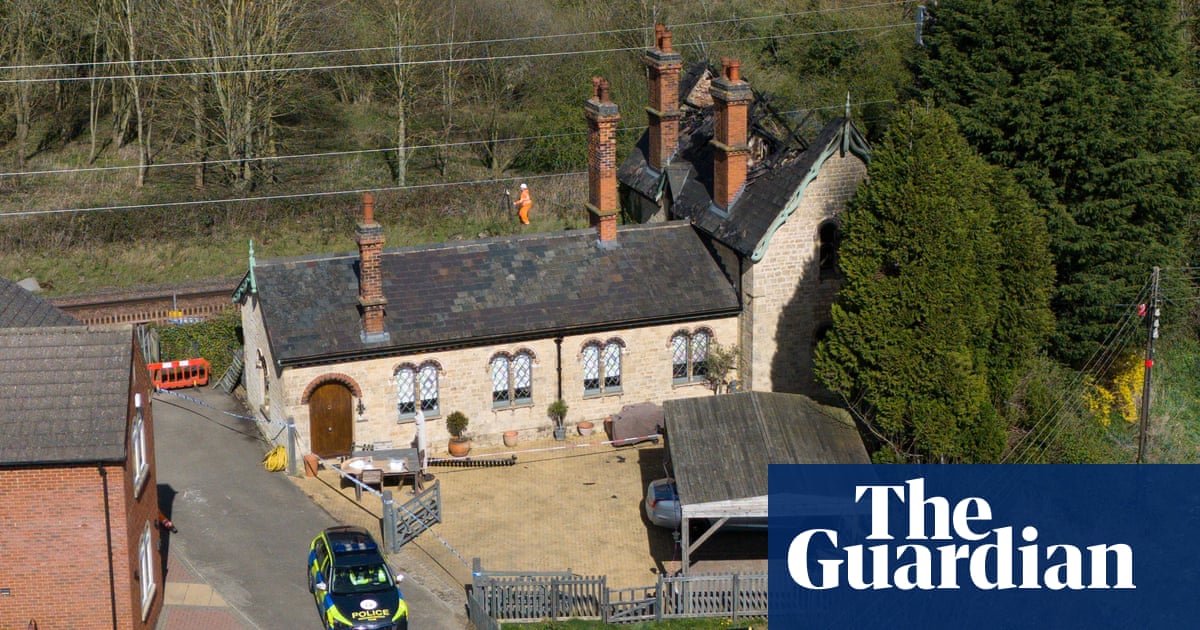He is probably most often thought of today as a wizard, a shape-shifter or a mentor to the young King Arthur.
But a detailed re-examination of Myrddin – Merlin – by Welsh scholars suggests he can also be considered an early British environmentalist deeply worried about human interaction with the natural world.
Over the past three years academics from three Welsh universities have edited and translated more than 100 poems, all in Cymraeg (Welsh), about Merlin dating back as far as the 10th century.
David Callander, who is based at Cardiff University’s school of Welsh, said some of the conclusions of the Myrddin Poetry Project challenged the modern view of the figure.
He said: “Unlike the popular idea of Merlin being a wizard, the earliest writing about him depicts him as a poet and a prophet telling of the future of the island of Britain.
“One could even argue that Merlin’s fixation on nature and how humans affect the world makes him one of the earliest environmentalists.”
Among the poems reassessed was the 12th-century Yr Afallennau (The Apple Trees). Merlin tells the trees: “Myself, I am fearful, anxious about you, lest the woodmen should come, forest hewing, to dig your roots and pollute your seed so that an apple might never grow on you again.”
Another, Yr Oianau (Lamentations), from the same era, features Merlin sympathising with a piglet: “Och, little piglet, oh little white sow, do not sleep a morning sleep, do not dig in the woods in case Rhydderch Hael [a king and Merlin’s foe] comes with his trained hounds.”
The project was a joint venture between Cardiff University, the University of Wales Centre for Advanced Welsh and Celtic Studies, and Swansea University.
The researchers have been combing through manuscripts in the National Library of Wales, in Aberystwyth, and also in the 15th-century Red Book of Hergest at Jesus College, Oxford.
They also discovered more about the importance of Merlin’s sister, Gwenddydd. Callander said: “Gwenddydd is a really important figure in Welsh Merlin poetry. She supports Merlin and also appears to be a prophet in her own right.
“We found hundreds of lines of poetry in her voice in dialogue with her brother. Merlin describes her as ‘fair Gwenddydd, summit of dignity’ and ‘refuge of songs’. One of the important aspects of the project is to throw light on this lost female voice from medieval Wales.”
Callander said it was surprising that early Merlin poems had been largely neglected. “These Welsh-language texts had not been edited or translated in full, meaning much material has been missed out.”
He described Merlin as an ancient Briton of the “Old North” of northern England and southern Scotland, presented as having lived in the sixth century. “The Welsh claimed Merlin as their own, a prophet and poet to glorify their victories and lament their defeats.”
One significant find is a new ending to Gwasgargerdd Fyrddin (Separation Song). Previously it was thought that the poem ended on a happy note, with victory for the Britons. The new ending presents a more tragic Merlin, devastated by grief at the loss of the lord he served.
The research team also explored the relationship between the Welsh Merlin poems and the broader Arthurian tradition, popularised throughout Europe by Geoffrey of Monmouth, who brought the figures of Arthur and Merlin together.
Callander said these early poems about Merlin had not been fully explored by modern scholars partly because of Geoffrey of Monmouth – and also because there are so few people trained to read these medieval Welsh texts.
The website is live in beta form. The finished version will be published by the end of the year and the poems are being made available in Welsh and English.









